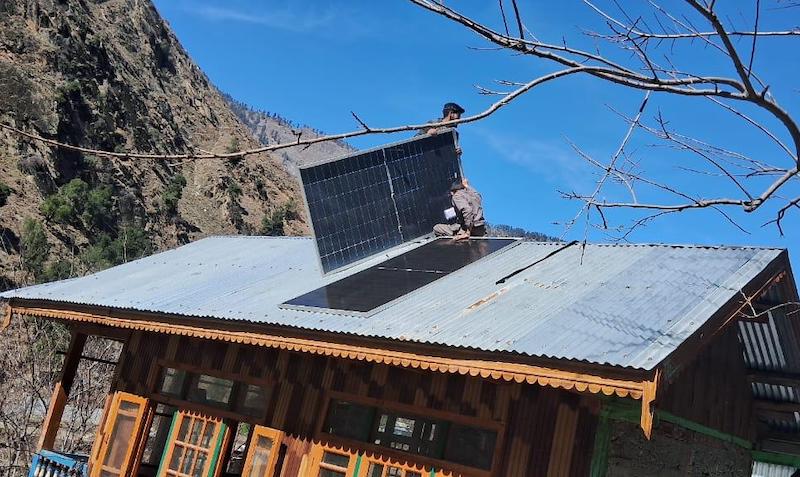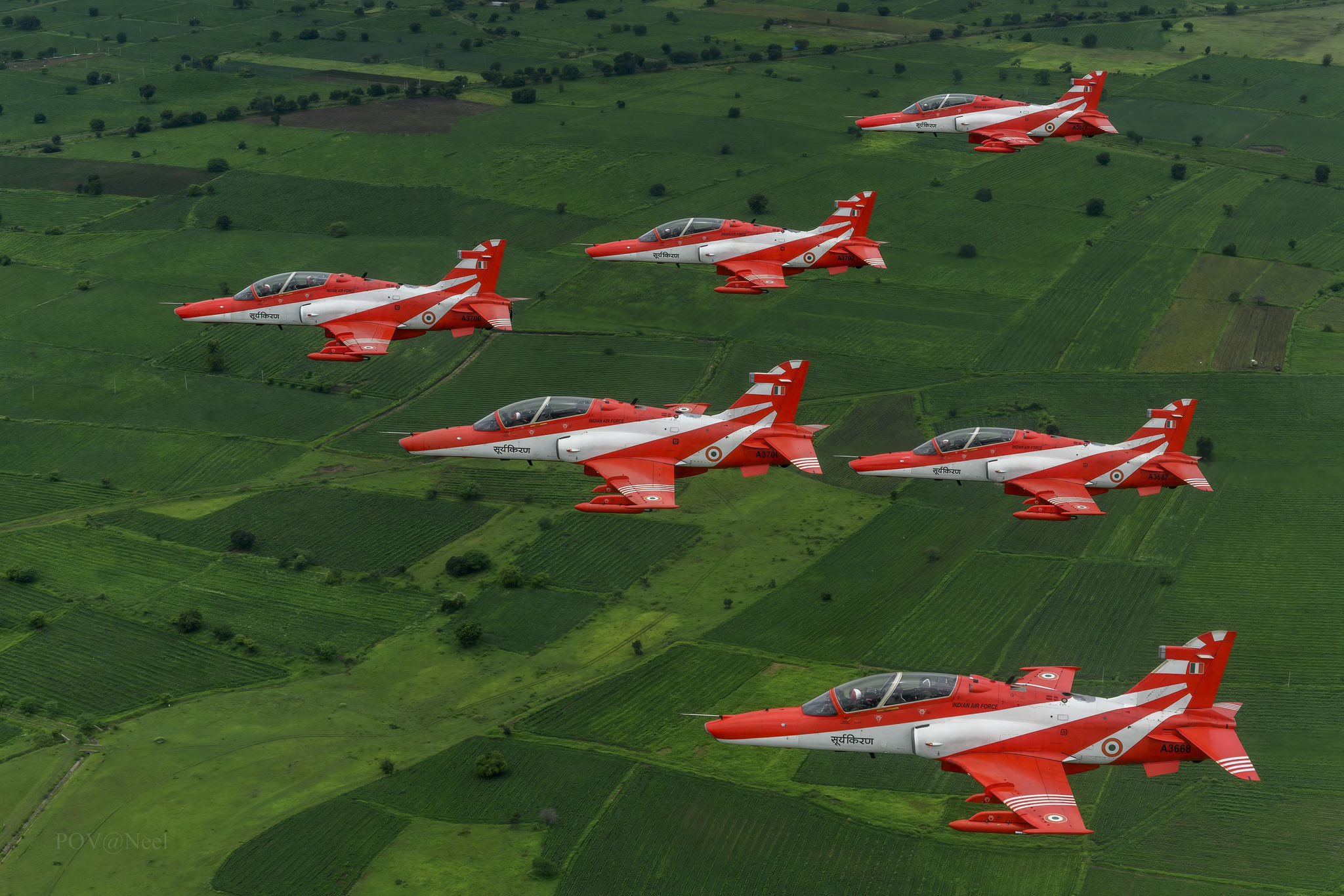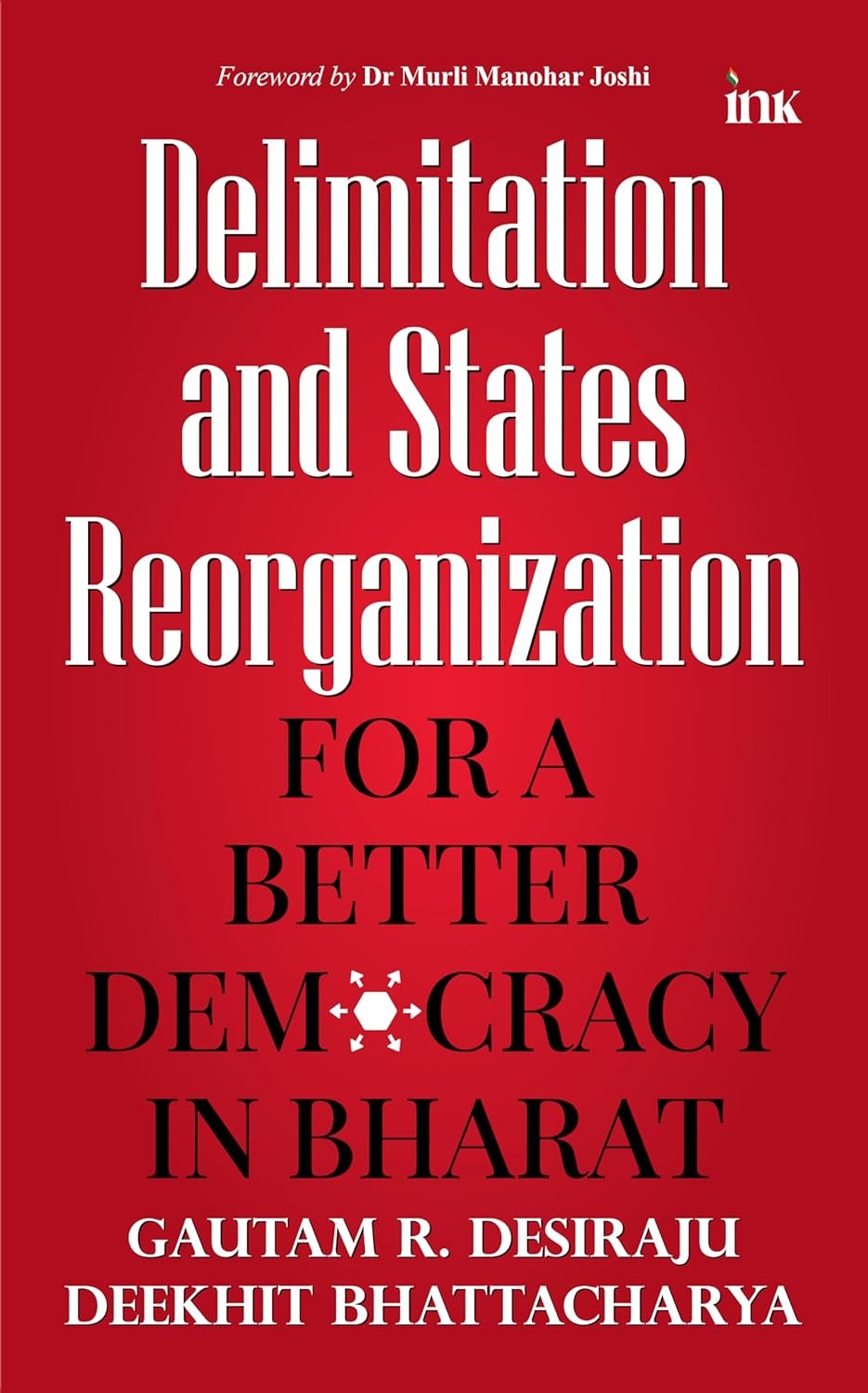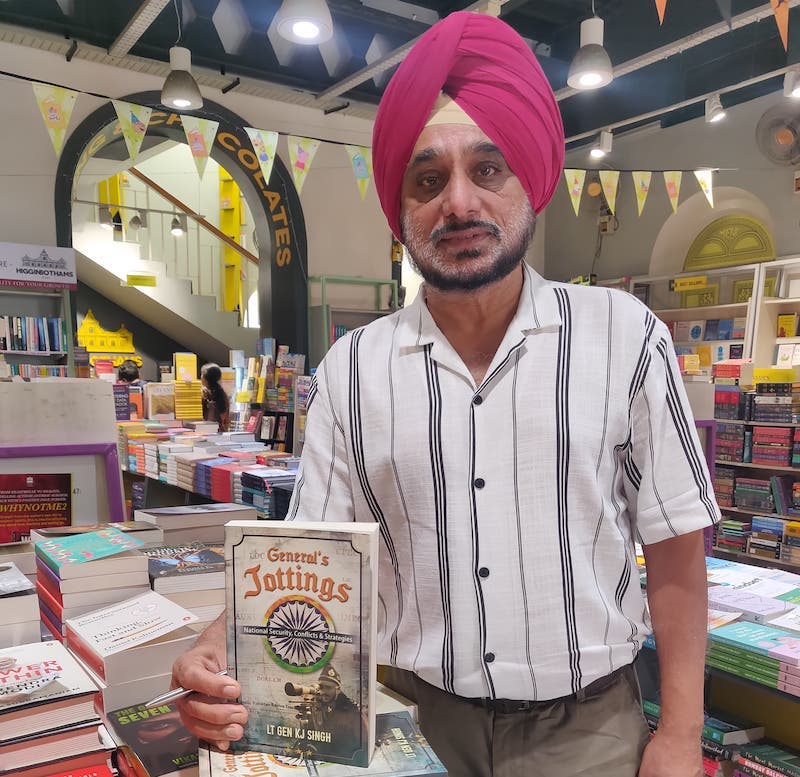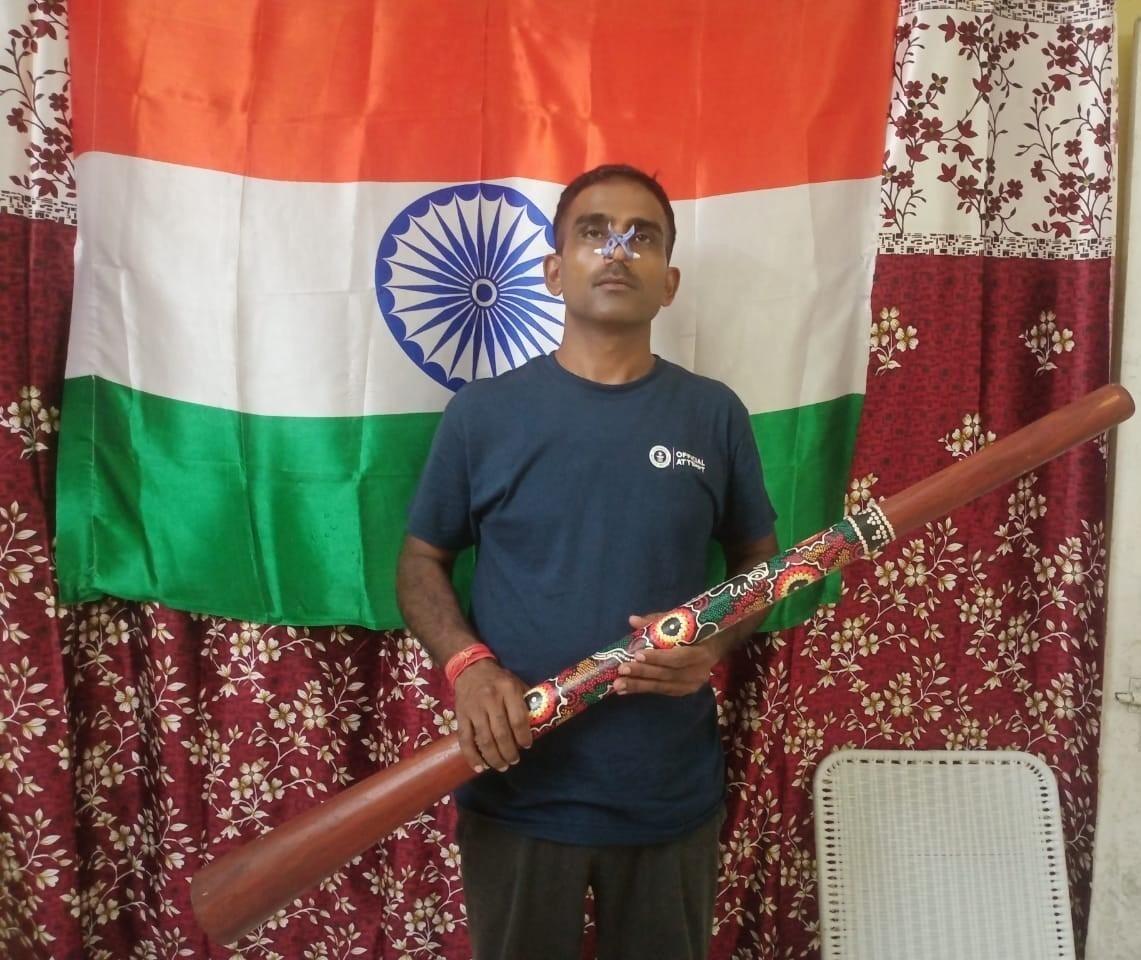 Naib Subedar Shambhu Kumar with didgerido (PC: Special arrangement)
Naib Subedar Shambhu Kumar with didgerido (PC: Special arrangement)
Lucknow: A serving Indian Army personnel, Naib Subedar Shambhu Kumar, has listed himself in the Guinness world records in the category of the longest sustained note on a didgeridoo, blowing away for 89.43 seconds in one breath.
He broke his own record which he had set in 2020 by hitting a sustained note on a conch shell for 80 seconds in one breath and one tune. The record for nonstop conch blowing for the longest duration of 53 minutes is also registered in his name.
He was then the Lance Havildar in the Indian Army and the then Vice Chief of the Army Staff Lieutenant General CP Mohantry had felicitated and rewarded him for the feat. For his feat, former Indian Army chief General Ved Malik (Retd) had also congratulated him on a post on X.
Apart from him, 15-year-old Lachlan Phelps from Australia had blown away the longest didgeridoo note for 65.6 seconds in 2012.
Lance Havildar Shambhu Kumar created #GuinnessWorldRecord by hitting a sustained note on a conch shell for 80 seconds in one breath and one tune. Lieutenant General CP Mohanty, #VCOAS felicitated & rewarded Lance Havildar Shambhu for his achievement.#GWR#IndianArmy pic.twitter.com/wYrsz3DAVK
— ADG PI - INDIAN ARMY (@adgpi) June 21, 2021
In 2006, the United Kingdom’s Philip Palmer had set the record of the longest sustained note on a wind or brass instrument for 73.38 seconds on a clarinet.
Besides, Shambhu Kumar’s name is also registered in Limca Book of Record, India Book of Record, Bharat World Record, and India Star Book Record for his feats.

Hailing from Bachwara village in Bihar’s Begusarai district, Shambhu Kumar had also served in the Indian Army’s Public Relation office in Delhi.
The didgeridoo is an Aboriginal Australian wind instrument made from hollow wood and known for its drone sound and percussive rhythms.
The first didgeridoos, played by aboriginal peoples in northern Australia, were made from fallen eucalyptus branches that had been naturally hollowed out by termites.
It is also known that the mayan people of Central America had a similar instrument made of yucca or agave and today referred to as “la trompeta maya” (the mayan trumpet).

